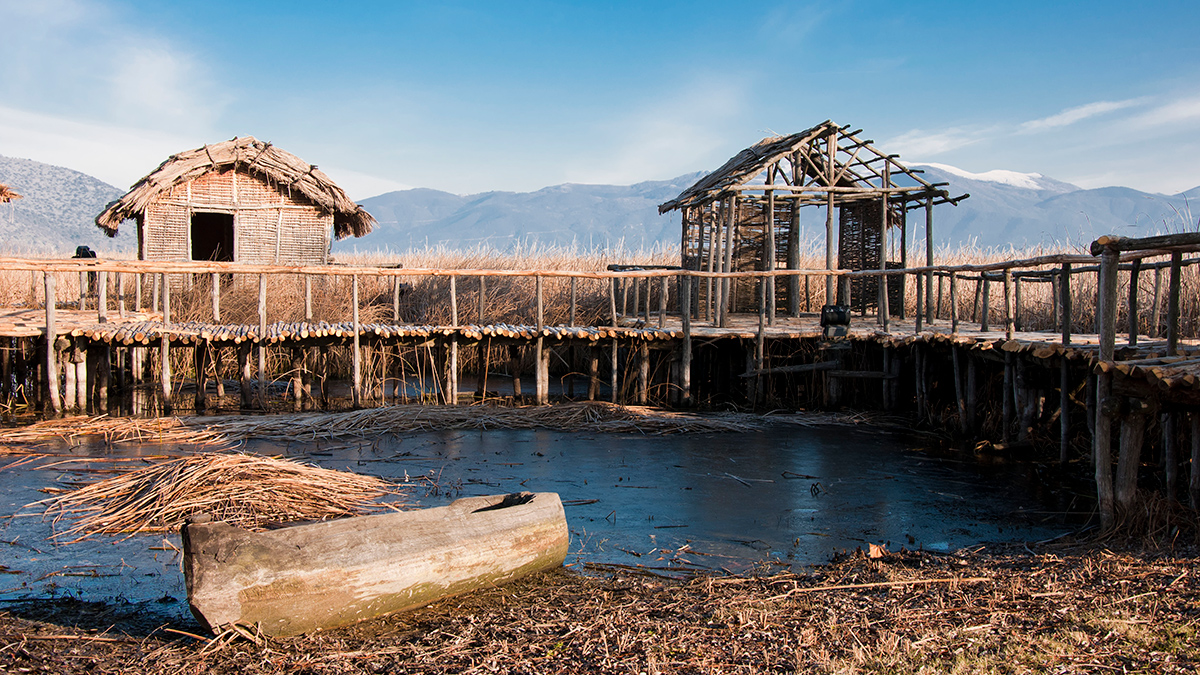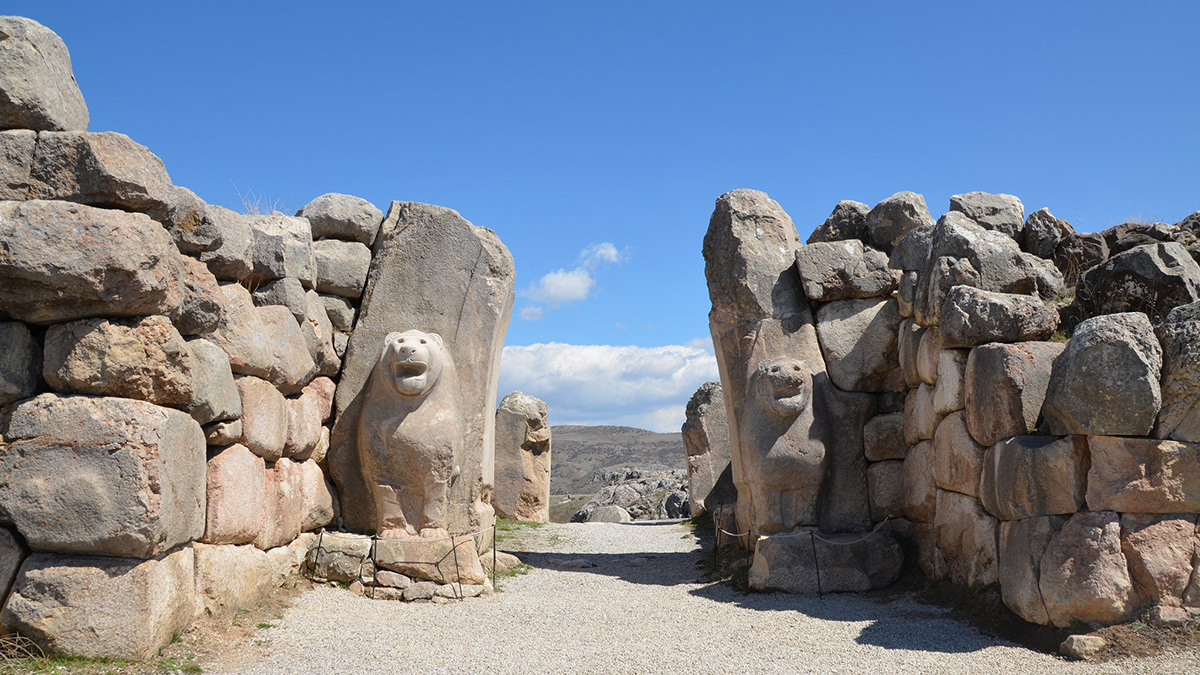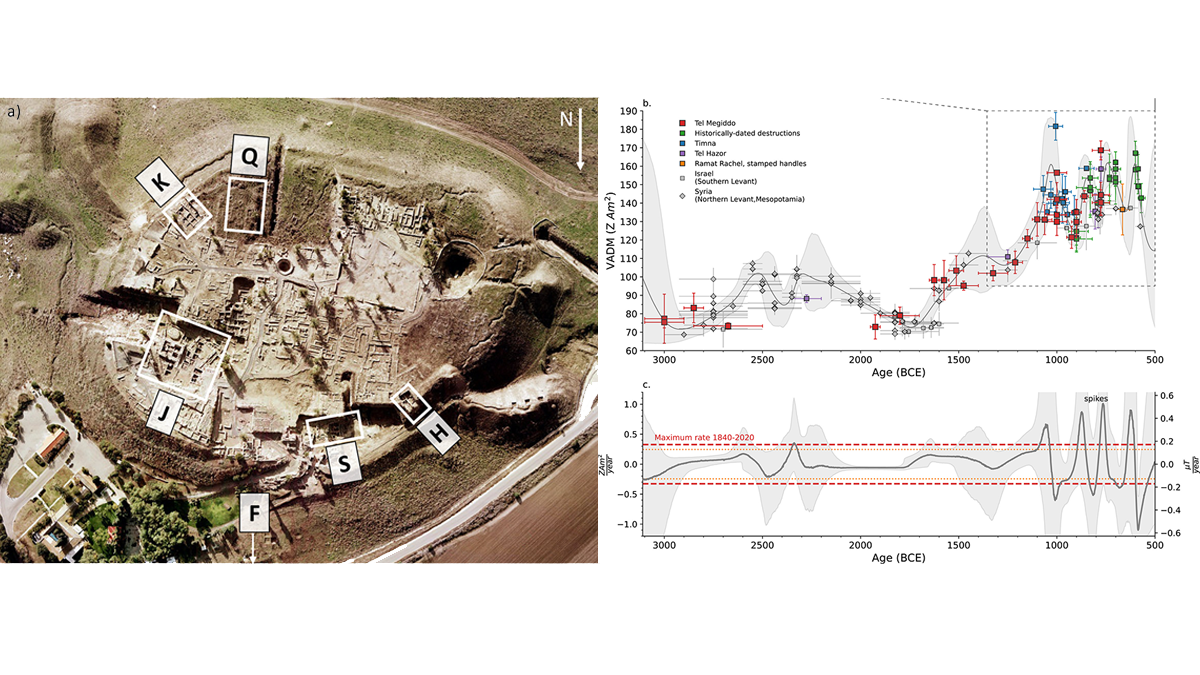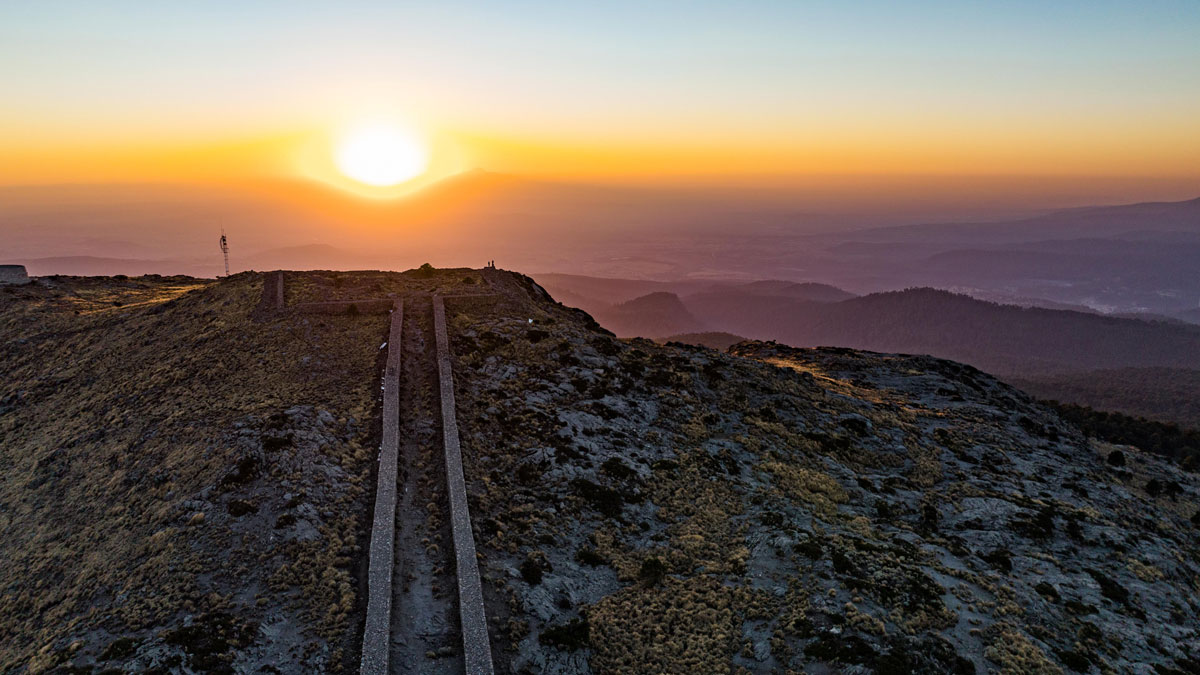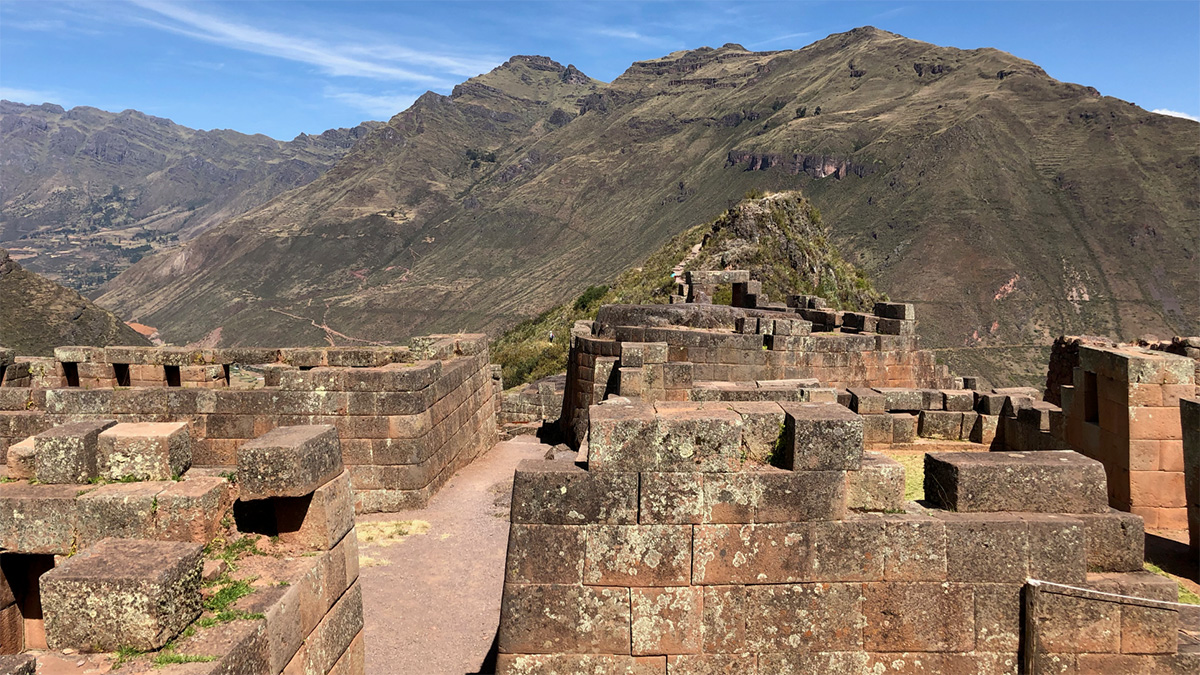Signatures of a long-ago solar storm, recorded in tree rings, helped researchers date a 7,400-year-old settlement in northern Greece.
archaeology
Stone Age Humans Chose Their Rocks with Care
Ancient humans possessed sophisticated knowledge of the properties of the stones they used to make tools.
Stone Chemistry Records Pacific Migration
Scientists used the chemistry of stone artifacts to trace human migration in the Pacific, revealing evidence of long voyages and cultural exchange.
Tree Rings Hint at the Fall of the Hittite Empire
The Bronze Age civilization adapted to changes in climate but suffered during a prolonged crisis.
El papel central de la agricultura en el calendario de horizonte azteca
Los calendarios de horizonte fueron clave para medir el tiempo para las culturas pre-hispánicas de la cuenca del Valle de México. Un nuevo estudio sugiere que los calendarios se usaron para gestionar los ciclos agrícolas.
Large Geomagnetic Field Changes Recorded by Archeomagnetism
A rare case of absolute paleointensity data in sub-centennial resolution from an archeological site provide much higher values than predicted by existing magnetic field models.
Agriculture at the Center of the Aztec Horizon Calendar
Horizon calendars were a key part of time measurement for pre-Hispanic cultures in the Basin of Mexico. A new study suggests that calendars were used to manage the agricultural cycle.
Grabado en piedra: edificios incas guardan el registro de terremotos antiguos
Daños a los edificios incas en Cusco revelan una historia de terremotos olvidada que podría ayudar a científicos a entender riesgos sísmicos modernos.
Written in Stone: Inca Buildings Remember Ancient Earthquakes
Damage to the Inca buildings of Cusco reveals a forgotten earthquake history that could help scientists understand modern seismic hazards.
Vehículos robóticos exploran campos de batalla de la Segunda Guerra Mundial en el océano
El Proyecto Recover usa vehículos autónomos submarinos para identificar, acceder, y captar imágenes de sitios difíciles de alcanzar con restos de la Segunda Guerra Mundial, cerca de las Islas Marianas del Norte.

